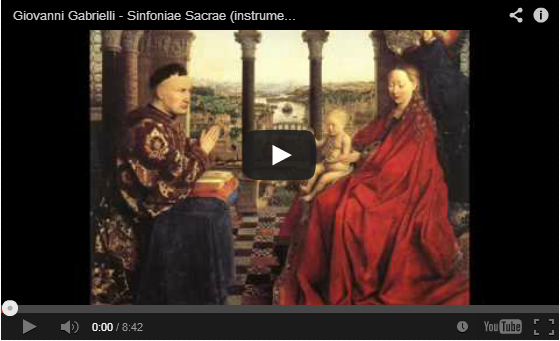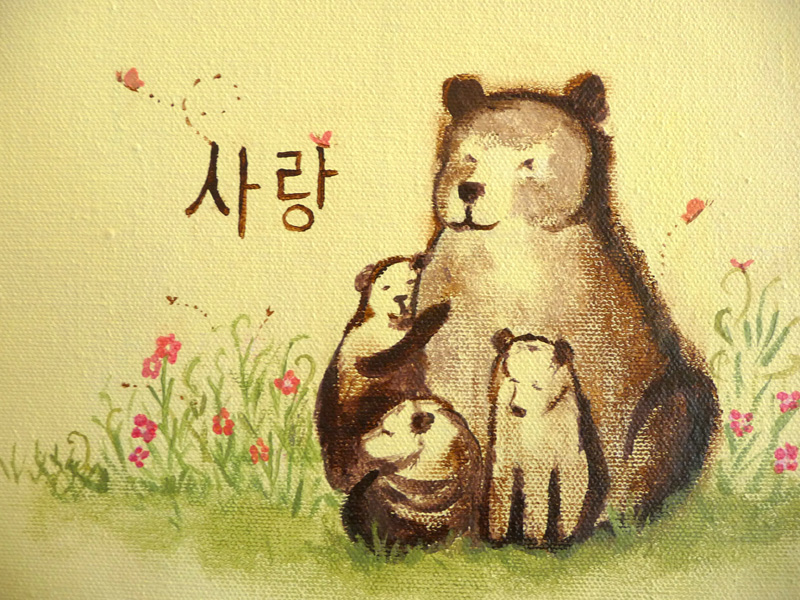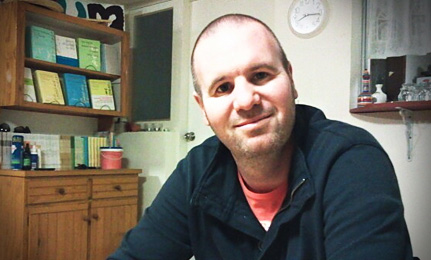The origin of a word ‘symphony’ is a Greek word συμφωνία symphōnía. σύν (sym) meaning ‘together’ and φωνή (phone) meaning ‘sound’.
The word, therefore, means ‘a variety of sounds are made together in union.’ The composers of the 16th and 17th centuries used this word in many pieces.
To name few, they are Sacrae symphoniae, Symphoniae sacrae and liber secundus by Giovanni Gabrieli; Eclesiastiche sinfonie by Adriano Banchieri; Sinfonie musicali by Lodovico Grossi da Viadana; and Symphoniae sacrae, op. 6, and Symphoniarum sacrarum secunda pars, op. 10 by Heinrich Schütz.
What we are going to listen is Simphoniae sacrae by Giovanni Gabrieli.
The symphonies we commonly think of are the works of classicist composers such as Joseph Haydn, Wolfgang Amadeus Mozart, and Ludwig van Beethoven; the pieces are usually made up of a number of movements.
Have you ever heard of symphony orchestras?
It is delivered to our ears is like this: A harmony of each of the instrument players who have gone through extensive practice, a harmony of melodies of the instruments and a conductor who brings this harmony together. Everyone is on the same boat when playing the music, becoming one and moving altogether. What every orchestra member has to do is just to do their job, neither showing off their talent nor stop playing the music. As each instrument has its own role, it depends on the flowing rhythm, like flowing rivers, and just makes its sounds. That moment, magic happens. Each of the individual melodies becomes a whole and makes a symphony. The conclusion is one beautiful piece to our ears.
Aren’t we playing our own instrument in our own life right at this moment: as a wife, as a dad, as a grandma, as a businessman, or as a farmer? To broaden our view, we are a member of a family, a citizen of a country, and maybe we are a member of the orchestra completing an ensemble called the world.
We would play the magnificent symphony of the world if everyone trusts each other, tries the best without greed, and performs our own role at our own place according to nature’s flow.





